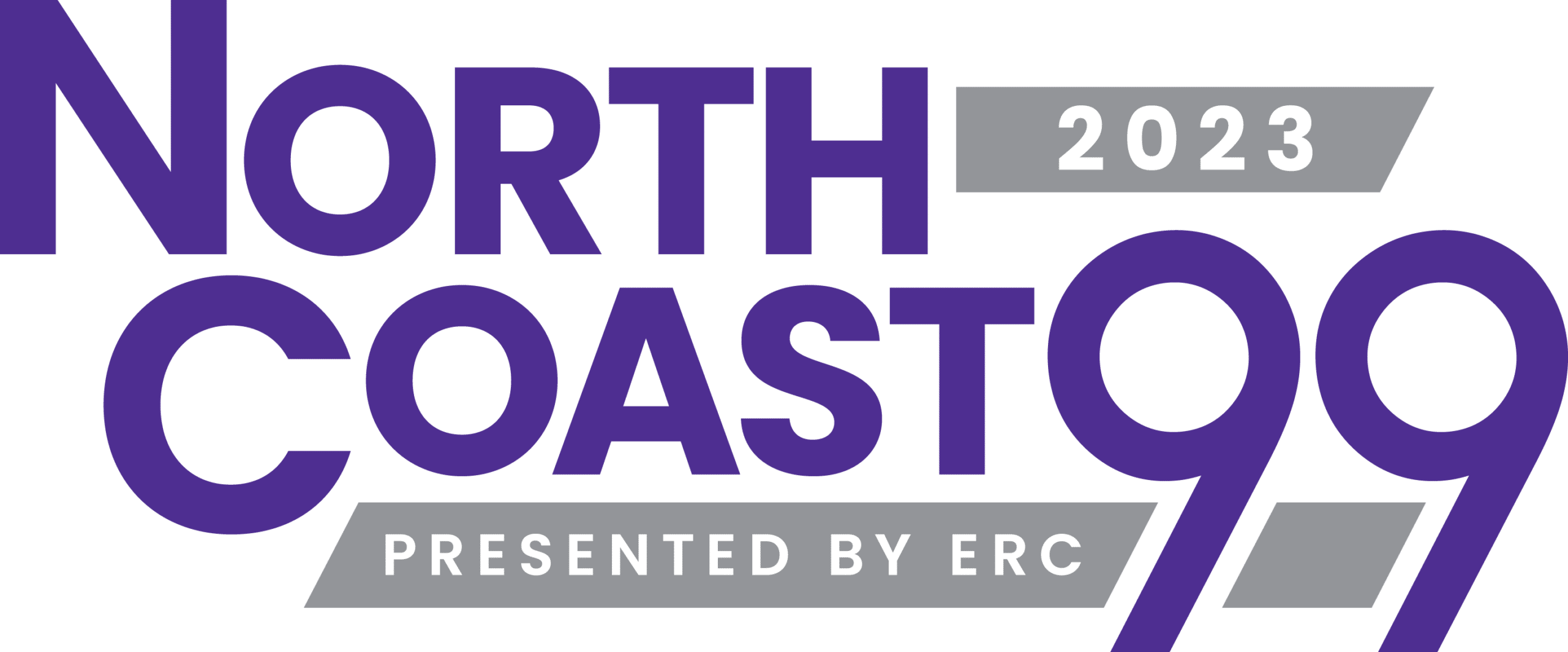In 2019, the bipartisan Setting Every Community Up for Retirement Enhancement Act (SECURE Act) — the first significant legislation related to retirement savings since 2006 — became law. Now Congress appears ready to build on that law to further increase Americans’ retirement security.
The U.S. House of Representatives passed the Securing a Strong Retirement Act by a 414-5 vote. Also known as SECURE Act 2.0, the bill contains numerous provisions that — if enacted — would affect both individuals and employers, including in the following areas.
Catch-up Contributions
Currently, qualified individuals age 50 or older can make catch-up contributions, on top of the standard contribution limits, to certain retirement accounts — an extra $6,500 for 401(k) plan accounts and $3,000 for SIMPLE plans. Beginning in 2024, SECURE Act 2.0 would boost those figures for individuals age 62 to 64 to $10,000 for 401(k)s and $5,000 for SIMPLE plans (indexed for inflation). In addition, the $1,000 annual catch-up for IRAs, which hasn’t changed in years, would be indexed going forward.
The bill also would change the taxation of catch-up contributions, reducing the upfront tax savings for those who max out their annual contributions. Such contributions would be treated as post-tax Roth contributions starting in 2023. Under existing law, you can choose whether to make catch-up contributions on a pre- or post-tax basis. SECURE Act 2.0 would also allow you to determine whether your employer’s matching contributions should be treated as pre- or post-tax. Currently, these contributions can be pre-tax only.
RMDs
The SECURE Act eased the rules for required minimum distributions (RMDs) from traditional IRAs and other qualified plans. It generally raised the age at which you must begin to take your RMDs — and pay taxes on them — from 70½ to 72.
SECURE Act 2.0 would increase the age over the course of a decade. As of 2023, RMDs wouldn’t be mandated until age 73, going up to age 74 in 2030 and age 75 in 2033. This would give you more time to grow your retirement savings tax-free, bearing in mind that delayed RMDs may translate to larger withdrawal requirements down the road.
The bill would relax the penalty for failing to take full RMDs, too. Currently, the failure results in a 50% excise tax of the amount that should have been withdrawn. SECURE Act 2.0 would reduce the tax to 25% beginning in 2023. If corrected in a “timely” manner, the penalty would further drop to 10%.
QCDs
Some taxpayers use qualified charitable distributions (QCDs) to satisfy both their RMD requirements and their philanthropic inclinations. With a QCD, you can distribute up to $100,000 per year directly to a 501(c)(3) charity after age 70½. You can’t claim a charitable deduction for this donation, but the distribution is removed from taxable income.
The bill would make this option more attractive. It would annually index the $100,000 limit for inflation. It also would allow you to make a one-time QCD transfer of up to $50,000 through a charitable gift annuity or charitable remainder trust (as opposed to directly to the charity). Both provisions would take effect in the taxable year following enactment of the law.
Automatic Enrollment
The House bill would require employers to automatically enroll all newly eligible employees in their 401(k) plans at a deduction rate of at least 3% (but no more than 10%) of the employee’s pay, increasing it by 1% each year until the employee is contributing 10%. Employees could opt out or change their contribution rates.
Annuities
Annuities can help reduce the risk that retirees run out of money during their lifetimes. The SECURE Act encouraged reluctant employers to offer annuities by immunizing them from breach of fiduciary duty liability if they choose an annuity provider that meets certain requirements.
But an actuarial test in the regulations for RMDs has interfered with the availability of annuities. For example, the test commonly prohibits annuities with guaranteed annual increases of only 1% to 2%, return of premium death benefits, and period-certain guarantees. Without such guarantees, though, many individuals are hesitant to choose an annuity option in a defined contribution plan or IRA. SECURE Act 2.0 would specify that these guarantees are allowed. The changes would take effect upon enactment of the law.
Matching Contributions on Student Loan Payments
SECURE Act 2.0 recognizes that many employees are unable to contribute to their retirement accounts because of student loan payment responsibilities. Such employees miss out on matching contributions from their employers.
The bill would allow employers to contribute to certain retirement plans for employees who are making qualified student loan payments. If enacted, this would take effect for contributions made for plan years beginning after 2022.
Part-Time Employee Eligibility
The SECURE Act generally requires employers to allow part-time employees who work at least 500 hours for three consecutive years to participate in their 401(k) plans. Under SECURE Act 2.0, part-time employees would need to work at least 500 hours for only two consecutive years to be eligible for their employer’s 401(k) plan. The provision would be effective for plan years beginning after 2022.
Tax Credits for Businesses
SECURE Act 2.0 would create or enhance some tax credits for businesses for tax years after 2022. For example, the SECURE Act increased the potential amount of the credit for retirement plan startup costs by capping it at $5,000 (up from $500). The three-year credit currently is available for 50% of “qualified startup costs” for employers with no more than 100 employees.
The new bill hikes the credit to 100% of qualified costs for employers with up to 50 employees. It provides an additional credit, too, except for defined benefit plans. The additional amount generally is a percentage of the amount the employer contributes on behalf of employees, up to $1,000 per employee. The full additional credit is limited to employers with 50 or fewer employees, gradually phasing out for employers with 51 to 100 employees.
Next Steps
While the odds for passage of some form of retirement savings reform seem high in light of the bipartisan support for the SECURE Act and the new House bill, it remains to be seen what form it’ll take. The Senate is working its own bill, and the two would need to be reconciled before it reaches President Biden’s desk. The final legislation could add to, revise or remove the provisions described above. We’ll keep you up to date.
© 2022
Related Insights
Featured Post

Featured Client Testimonials
BW is a true partner to us. Their knowledge, expertise, and service are a valuable resource to us and play an important role in our success!
John Allen - Vice President of Finance, Kaufman Container

Featured Client Testimonials
I appreciate the exceptional tax advice we received over the years. The (BW team) has a good grasp of our business needs. Thank you for your excellent service.
John Griffiths - Owner, Rae Ann, Inc.

Featured Client Testimonials
The BW team has been fantastic to work with; both the team member at our office as well as at the partner level. Any issues or concerns are handled very efficiently and effectively.
Kelley Needham - Chief Executive Officer, Epilepsy Association

Featured Client Testimonials
Barnes Wendling has been our company accountants for over seven years. Their knowledge has been instrumental in helping us grow strategically during this time. And although we’ve seen many changes in our economy that we cannot control, we’ve always been able to trust the Barnes team to be by our side. The Barnes team feels like family. We can’t thank them enough for their support!
Christine Kloss - Controller, AT&F

Featured Client Testimonials
Barnes Wendling has been our company accountants for over 15 years. During this time, the business has grown exceptionally, and Barnes has kept pace, providing accurate, quality advice. Our finances are more efficient than ever, and the expense of hiring Barnes has been a definite positive add to our bottom line. I give my highest recommendation to their firm.
David Miller, MD - President, Retina Associates of Cleveland

Featured Client Testimonials
Barnes Wendling has provided us guidance and recommendations that have strategically helped strengthen our business and position ourselves for growth. We needed to hire a new VP of Finance and Controller this past year, and they were instrumental in helping us find the best candidates for our company.
Sara Blankenship - President, Kaufman Container

Featured Client Testimonials
We value the trust, accuracy of information, and reliability of Barnes Wendling and Mike Essenmacher personally. Mike has been instrumental as a trusted advisor on accounting, tax, and personnel issues. His advice is always accurate, and he is very reliable. His associates are also very talented.
Dominic Ozanne - President and CEO, Ozanne Construction Company

Featured Client Testimonials
We value Barnes Wendling’s expertise with all things accounting so we can operate our business using our strengths and allowing them to be our experts. They have also brought me a few business sale opportunities to allow me to grow my assets.
John Gaydosh - President and Metallurgical Engineer, Ohio Metallurgical Service

Featured Client Testimonials
Barnes Wendling (especially Lena) did a great job with our financials. Everything. It is extremely refreshing and comforting to know that all of our numbers are not only correct, but they are in the right place(s). Your diligence and reporting truly does make me (personally) feel better.
Thomas Adomaitis - Controller, Bialosky Cleveland

Featured Client Testimonials
I can wholeheartedly tell you that I have yet to work with an audit or tax team that have been more helpful, easy to work with, and committed than the team at Barnes Wendling- I have been through three different firms in the last few years.
Michelle Saylor, Former Controller, Aero Mag

Featured Client Testimonials
Floyd Trouten at Barnes Wendling CPAs is an “expert’s expert” when it comes to M & A accounting. Not only does he understand the evolving details of the Tax Code but he also sees the fine points of their application for owners, managers, investors, and financiers.
Mark A. Filippell, Western Reserve Partners

Featured Client Testimonials
The service is amazing at Barnes Wendling CPAs. The benefit is worth more than the cost. Sometimes it’s true that you get what you pay for.
Mark Boucher - Former Owner, Castle Heating & Air









